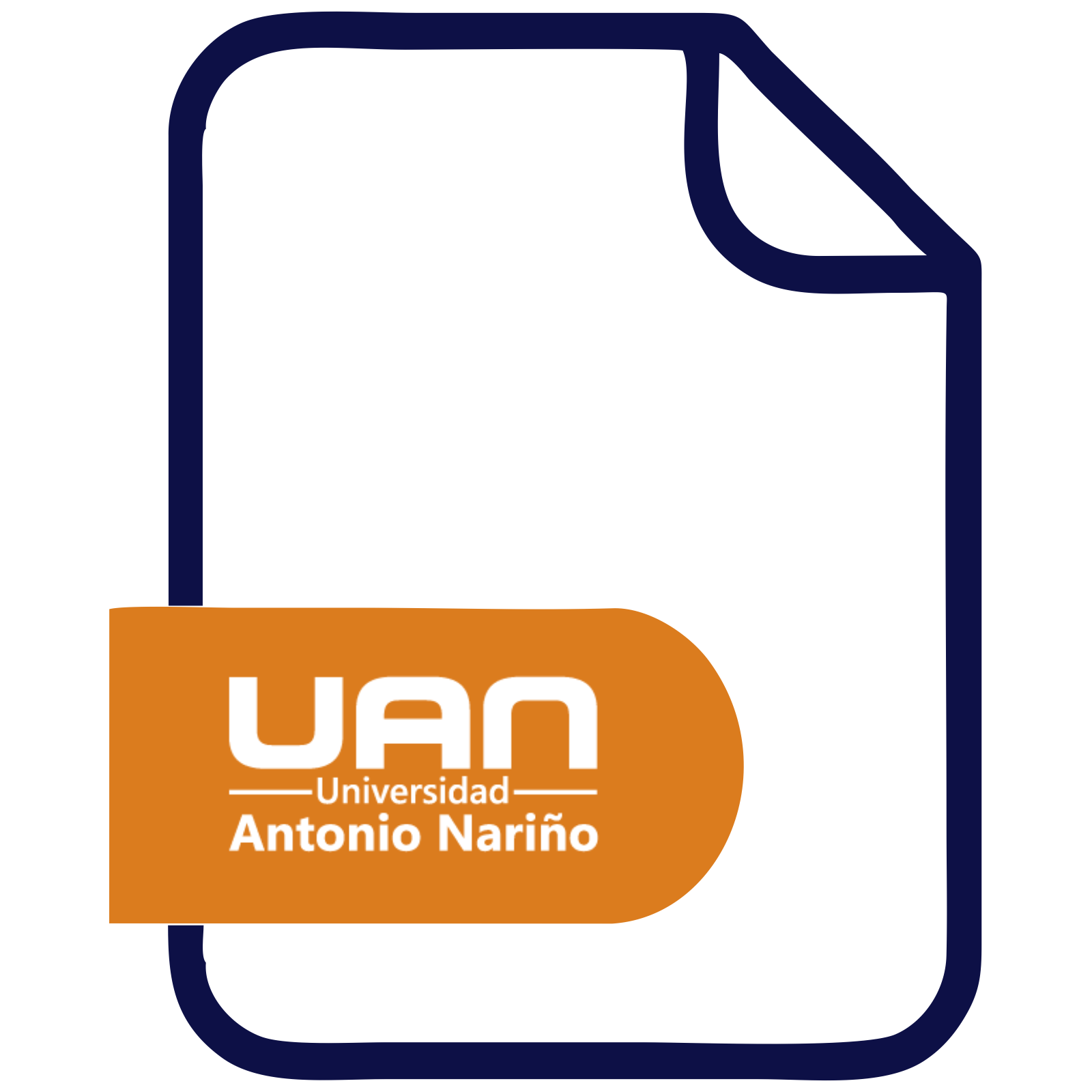Por favor, use este identificador para citar o enlazar este ítem:
http://repositorio.uan.edu.co/handle/123456789/5415> Repositorio UAN
Repositorio UANComunidades y ColeccionesTitulosMateriasAutoresFecha de publicacion
Mi CuentaAccederRegistro
Mi CuentaAccederRegistro
| Título : | Una revisión crítica acerca del desarrollo y de la implementación de libros de texto de inglés contextualizados e institucionalizados A Critical Reflection on Developing and Implementing In-house EFL Textbooks |
| metadata.dc.creator: | Núñez Pardo, Astrid |
| Palabras clave : | materials development-in-house materials;EFL textbook;English for general purposes;English for specific purposes;learning strategies;theory-practice dual model;desarrollo de materiales;libro de texto de inglés institucional;inglés con propósitos generales;inglés con propósitos específicos;estrategias de aprendizaje;modelo dual |
| Descripción : | This paper shares a reflection based on a qualitative research case study that looked into the pertinence of developing and implementing a six in-house strategy-based English textbook series that combines English for General Purposes (EGP) and English for Specific Purposes (ESP) among undergraduates in the dual model at a private university. Thestudy was conducted with twelve undergraduates from four majors, three English teachers and the coordinator of the Foreign Language Centre of this university, who performed the role of the researcher and materials developer. The objectives underlying this work were to develop and implement in-house strategy-based textbooks and to characterisestudents and teachers’ perceptions regarding their pertinence in the dual model. Theinformation-compiling instruments used in the study were a focus-group interview (to collect students’ perspectives on the relevance of merging EGP and ESP content in an English series), and field notes from the English teachers (to gather their perspectives as participants-observers of the process). After analysing the collected data, the findings of the study revealed that (a) there was an increasing awareness of English as the global language to foster academic development, professional performance and work opportunities; (b) the EGP and ESP blending was regarded as the ideal complement for dual model programmes; and (c) developing and implementing contextualised in-house materials were deemed to be a congratulatory effort in the quest of helping students learn. Developing and implementing in-house materials, in an English Programme for undergraduates inthe dual model narrowed the gap between the purpose of the theory and the real needs of the business apprenticeship. Despite the achieved results regarding the pertinence of the contextualised in-house EFL textbooks, an unusual academic decision, that seemed subtly supported by several EFL teachers, banned the use of the series that had served as a learning awareness-raising pedagogical resource for undergraduates under the dualmodel of a private university. This paper shares a reflection based on a qualitative research case study that looked into the pertinence of developing and implementing a seven in-house strategy-based English textbook series that combines English for General Purposes (EGP) and English for Specific Purposes (ESP) among undergraduates in the dual model at a private university. The study was conducted with twelve undergraduates from four majors, three English teachers and the coordinator of the Foreign Language Centre of this university, who performed the role of the researcher and materials developer. The objectives underlying this work were to develop and implement in-house strategy-based textbooks and to characterise students and teachers’ perceptions regarding their pertinence in the dual model. The information-compiling instruments used in the study were a focus-group interview (to collect students' perspectives on the relevance of merging EGP and ESP content in an English series), and field notes from the English teachers (to gather their perspectives as participants-observers of the process). After analysing the collected data, the findings of the study revealed that (a) there was an increasing awareness of English as the global language to foster academic development, professional performance and work opportunities; (b) the EGP and ESP blending was regarded as the ideal complement for dual model programmes; and (c) developing and implementing contextualised in-house materials were deemed to be a congratulatory effort in the quest of helping students learn. Developing and implementing in-house materials, in an English Programme for undergraduates in the dual model narrowed the gap between the purpose of the theory and the real needs of the business apprenticeship. Despite the achieved results regarding the pertinence of the contextualised in-house EFL textbooks, an unusual academic decision that seemed subtly supported by several EFL teachers, banned the use of the series that had served as a learning awareness-raising pedagogical resource in undergraduates under the dual model of a private university. |
| URI : | http://repositorio.uan.edu.co/handle/123456789/5415 |
| Otros identificadores : | http://revistas.uan.edu.co/index.php/papeles/article/view/581 10.54104/papeles.v11n21.581 |
| Editorial : | UNIVERSIDAD ANTONIO NARIÑO |
| Aparece en las colecciones: | PAPELES |
Ficheros en este ítem:
No hay ficheros asociados a este ítem.
Los ítems de DSpace están protegidos por copyright, con todos los derechos reservados, a menos que se indique lo contrario.



